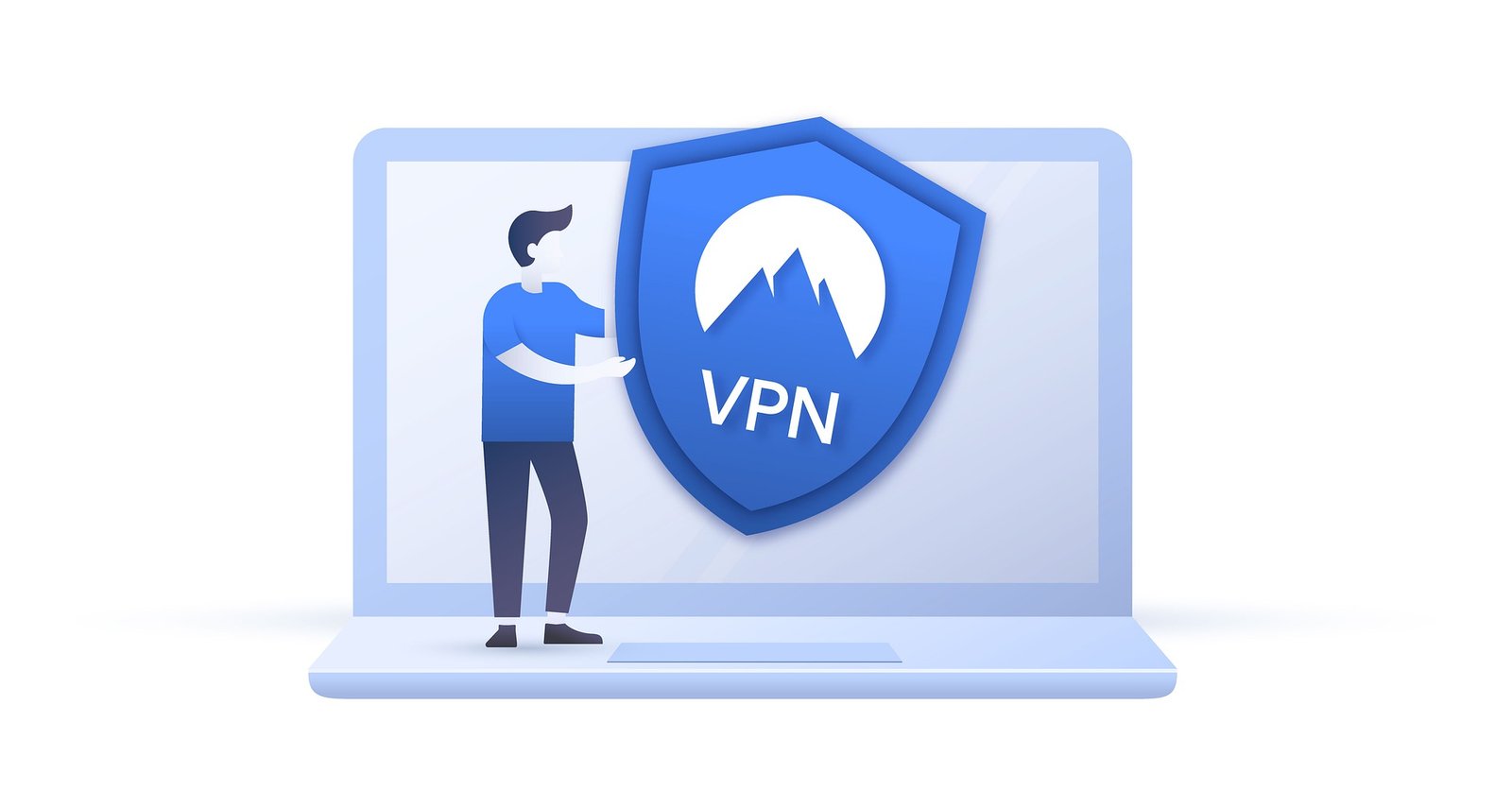Will a VPN protect you on public WiFi?

What is a VPN?
VPN stands for Virtual Private Network. They have a variety of uses, from companies enforcing all traffic be routed through their own VPNs. Providing privacy and anonymity for individuals while browsing the internet. Since the NSA revelations of widespread internet activity monitoring in 2013. People have become more interested in learning how to protect their privacy online. A VPN service is one tool that helps accomplish that goal.
How does it work?
A VPN service essentially acts as an intermediary between your connection and the server with which you are trying to connect. Without using a VPN service, information about your connection is available to the server you are connecting to (and any third parties snooping on the traffic while in transit.) This information includes your IP address, the device being used and more. When this is combined over many visits to many sites, an identifiable model of your personal browsing history can be built.
When you browse using a VPN service, instead of directly connecting to a server, you connect to your VPN service. This then acts as a proxy on your behalf and accesses the content you want, which is served back to you by your VPN service. To the external server, they are receiving a connection from your VPN service, not you. A VPN service can obfuscate the data that would usually be received about you, such as your location and the device you are using.
There are other additional benefits to using a VPN. For example, they are very popular with businesses, and almost any business that sends employees to other countries as part of work duties will mandate the use of a VPN. VPNs provide privacy and allow employees to access important companies documents safely and securely, no matter where they are in the world. In large corporations where corporate espionage is a very real danger, they also help to prevent sensitive information from being tracked or stolen by competitors. Since VPNs are essentially transparent to the end user, as they still get served the expected content, they’re very easy to use and mandated by most corporations for employees at all levels.
Will a VPN protect you on public WiFi?
Using a VPN service when using a public WiFi hotspot is highly recommended. Public WiFi hotspots are to some degree inherently insecure, as they allow anyone to connect to them. The administrator in charge of maintaining the network could log data of all users. Who connects to the WiFi hotspot and snoop on their browsing data. If traffic is not secured in some way, such as a website not implementing SSL encryption. Then sensitive data such as passwords can be logged. It’s also possible that a malicious third party may do the same thing, implementing something known as a Man-In-The-Middle attack.
A VPN service helps protect against these threats, as it means that any public WiFi hotspot. Only able to see that you are connecting to a VPN service. Beyond that, all browsing data associated with you is inaccessible to it. This prevents the information from being snooped or logged in a way that could compromise your privacy and security.
VPN services can be accessed from any device. So they are compatible with everything from desktop PCs to tablets and smartphones. Their ease of use and accessibility has made them a popular choice for everyone from private individuals to large corporations.
Click here for the best Free VPN.


